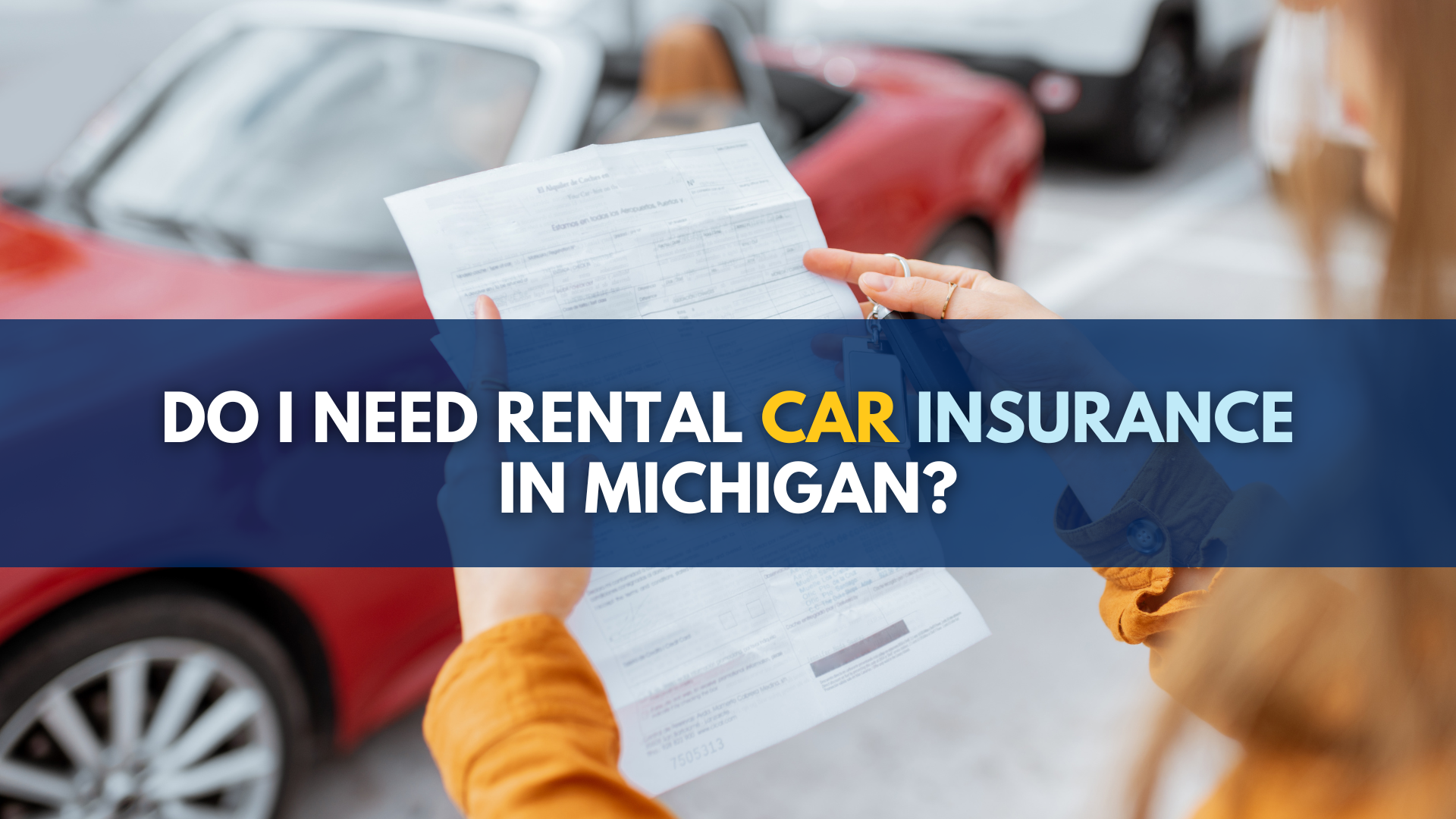Medical marijuana can help many auto accident victims with chronic pain, without addictive and potentially lethal effects of opioids

As an accident attorney, the people I help have all been seriously injured. Almost all of them are currently being prescribed powerful and dangerous opiate narcotic medications by treating doctors. Very few of them are being prescribed medical marijuana, even though it’s now legal in Michigan.
This begs the question of, “Why?”
Why does Michigan’s No Fault Law cover opioid use by auto accident victims, but not medical marijuana, even though treatment with medical marijuana is far less harmful and non-addictive?
It’s an interesting question, but one at this point, without a great answer.
Since our auto No Fault Law was passed in Michigan in 1973, auto accident victims’ prescriptions for opioids such as Vicodin, OxyContin, Percocet, codeine, and Fentora to treat pain and other serious injury conditions have been covered by No Fault insurance medical benefits, also known as No Fault PIP benefits.
However, the same isn’t true – as of today – for medical marijuana.
But opioids kill thousands of people every year. And there are countless studies showing that medical marijuana effectively treats chronic pain, such as from serious auto accident injuries … but without being highly addictive and potentially lethal, like opioids. Indeed, medical marijuana has been described as having:
A “safety profile [that] exceeds opioid painkillers by leaps and bounds.”
Even though the use of medical marijuana became legal in Michigan in 2008 with the passage of the Michigan Medical Marihuana act, a 2011 change in the No Fault Law specifically relieved Michigan auto insurance companies of any obligation “to provide coverage for the medical use of marihuana or for expenses related to the medical use of marihuana.” (MCL 500.3107(2)(b))
Note: Not surprisingly, the exclusion of medical marijuana from No Fault coverage was sponsored by Sen. Rick Jones, the same senator who’s currently advocating for faster speed limits, even though studies sponsored by the MDOT show that faster speed limits will result in more people dying. To learn more, please check out my blog post, “Faster speed limits = more traffic crash deaths.”
Significantly, in May 2015, Senate Bill 346 was introduced, which, if passed, would require Michigan No Fault auto insurers to cover medical marijuana use by auto accident victims:
A No Fault auto “insurer shall provide coverage for the medical use of marihuana or for expenses related to the medical use of marihuana if the use is in compliance with the Michigan Medical Marihuana Act, 2008 IL 1, MCL 333.26421 TO 333.26430.”
At the time, I thought the goal of this bill was an excellent one and I said so in my blog post, “Should Medical marijuana be covered by No Fault benefits?”
But, as I’ve read recently, the medical justification for auto No Fault insurance coverage of medical marijuana is even more compelling than many may have previously thought.
Many auto accident victims would be better off with marijuana than with opioids
Specifically, when it comes to treating for pain relief, auto accident victims would be far better off – both recovery – and health-wise – if they were treating with medical marijuana, rather than the opioids they’re currently becoming dependent on.
In his article, “How the War on Drugs Has Caused More Harm Than Good,” on Mercola.com, health expert Dr. Joseph Mercola makes the following comparison between medical marijuana and opioids:
- “Medical marijuana has been shown to have a number of health benefits, including pain management, and its safety profile exceeds opioid painkillers by leaps and bounds.”
- “In fact, experts agree it’s virtually impossible to die from a marijuana overdose.”
- “[O]pioid drugs like Vicodin, OxyContin, Percocet, codeine, and Fentora are perfectly legal despite being molecularly very similar to heroin, with a high risk for addiction.”
- “Even the U.S. Justice Department admits that, along with heroin, prescription opiates are the most lethal substances available …”
- Chronic pain is the primary reason for America’s opioid problem, and shifting over to less dangerous forms of pain relief, such as medical marijuana, could potentially save thousands of lives each year.”
Hopefully, as this information becomes known to Michigan lawmakers, they’ll take up SB 346 and make the change to our auto No Fault Law that so many auto accident victims with chronic pain and serious injuries can get the help that they need and deserve.
Auto accident attorneys need to start making the arguments that medical marijuana should be covered under Michigan’s auto No Fault insurance law, because it’s a legal form of medical treatment. But it should also be covered because it treats chronic pain without the harmful, health-threatening effects posed by opioids, which, ironically, are covered by No Fault as a form of treatment for chronic pain. In other words, as with all other medical care and treatment in this state, if it’s causally related to a motor vehicle accident, and it’s reasonably necessary to a patient’s care, recovery, or rehabilitation, then it should be covered under No Fault.


